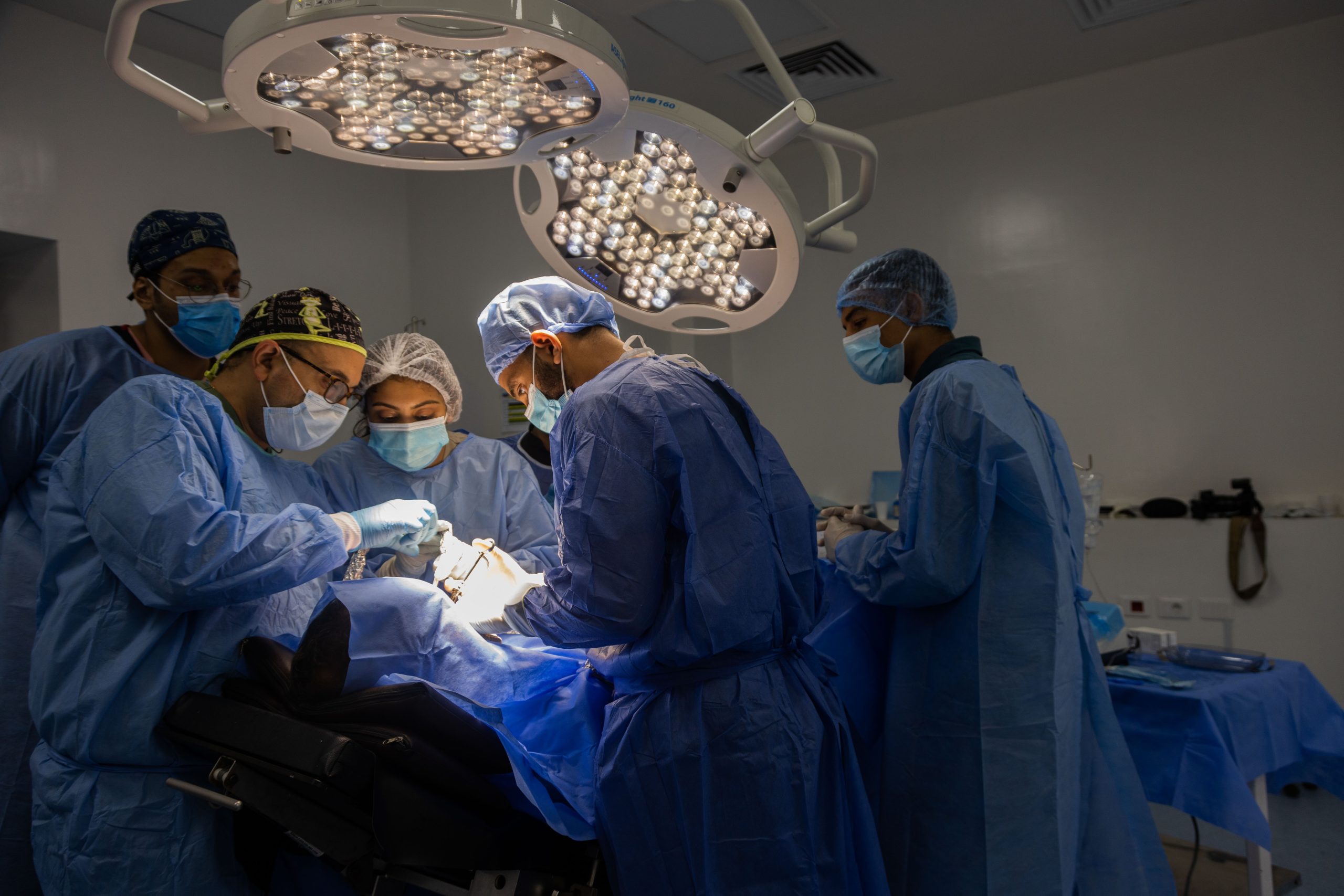Understanding the Types of Dental Implants Bridge for Dentists
Dental implants bridge are effective solutions for replacing missing teeth, significantly improving both functionality and aesthetics. As a dentist, having a thorough understanding of the different types of dental bridges is important for providing effective care. In this article, we will explore four common types of dental implants bridge, emphasising the role of dental implants bridge in each type.

Traditional Fixed Bridge
The traditional fixed bridge is the most common type of dental implants bridge. It involves placing crowns on the teeth or dental implants on either side of the gap, with a false tooth, or pontic, in between. This setup effectively creates a dental implants bridge that connects the existing teeth or implants, filling the space left by the missing tooth.
One significant advantage of the traditional fixed bridge is its stability. It offers a strong and reliable replacement for missing teeth, making it an ideal choice for restoring chewing function. Additionally, patients can maintain proper oral hygiene by brushing and flossing around the bridge as they would with their natural teeth. This ease of care is crucial to the longevity of the dental implants bridge.
Cantilever Bridge
A cantilever bridge is used when there is only one adjacent tooth or dental implant bridge available for support. In this case, the pontic extends from one side only, creating an effective dental implants bridge anchored on one end. While this type is less common, it can be suitable for areas of the mouth that experience less stress, such as the front teeth.
However, it’s important to recognize that cantilever bridges may be less stable compared to traditional fixed bridges. The lack of support on one side can make them more prone to failure over time. Despite this limitation, they can still serve as an effective option for patients with a single missing tooth and a healthy adjacent tooth or implant.
Maryland Bridge (Resin-Bonded Bridge)
The Maryland bridge, also known as a resin-bonded bridge, uses a metal or porcelain framework that is bonded to the back of adjacent teeth. This type of dental implants bridge is particularly useful for replacing front teeth and requires minimal alteration of the surrounding teeth.
One of the main benefits of a Maryland bridge is its minimally invasive nature; it preserves much of the natural tooth structure compared to traditional options. This is especially appealing for patients concerned about tooth preparation. Although Maryland bridges are generally more affordable and quicker to install, they may not offer the same durability as traditional fixed bridges, making ongoing maintenance important.
Implant-Supported Bridge
One of the dental implant bridge is considered as an supported bridge that is ideal for patients missing multiple teeth. This type relies on dental implants rather than natural teeth for support. The implants are surgically placed into the jawbone, creating a stable foundation for the bridge.
The primary advantage of an implant-supported bridge is its exceptional stability and durability. Since it does not depend on adjacent teeth, it helps preserve their health and integrity. However, this type requires surgical placement of implants, which can involve more complexity and higher costs compared to other bridge options.
Conclusion
As dentists, understanding the various types of dental implants bridge are considered as keys to providing comprehensive care. Whether recommending a traditional fixed bridge, cantilever bridge, Maryland bridge, or implant-supported bridge, evaluating each patient’s unique needs is essential. By staying informed about advancements in dental technology and understanding the role of dental implants, you can help your patients achieve effective and long-lasting solutions for their dental concerns. You can follow our LinkedIn account for more updates




